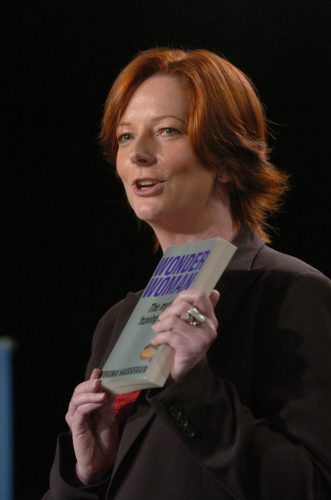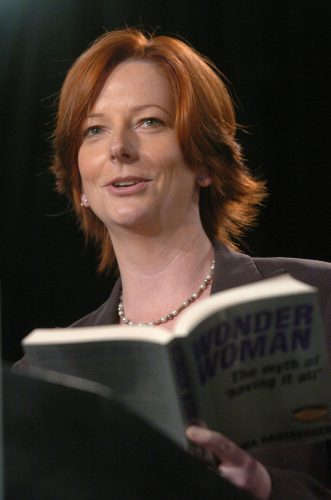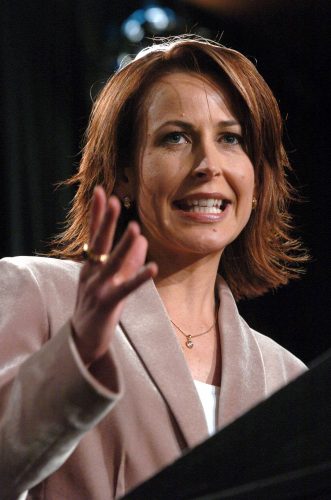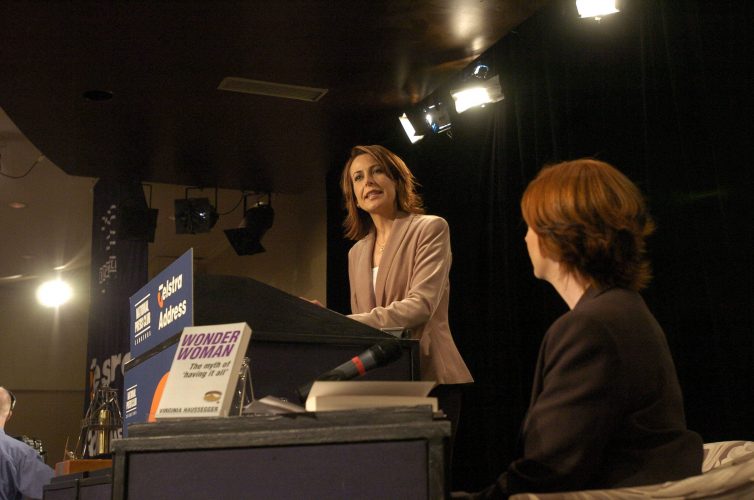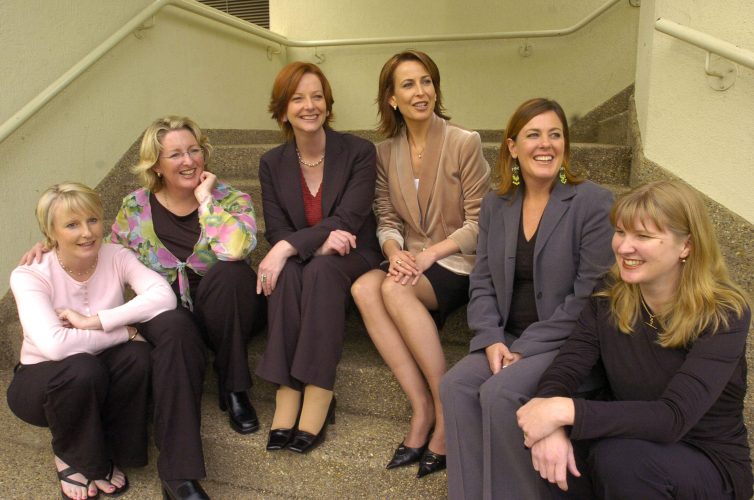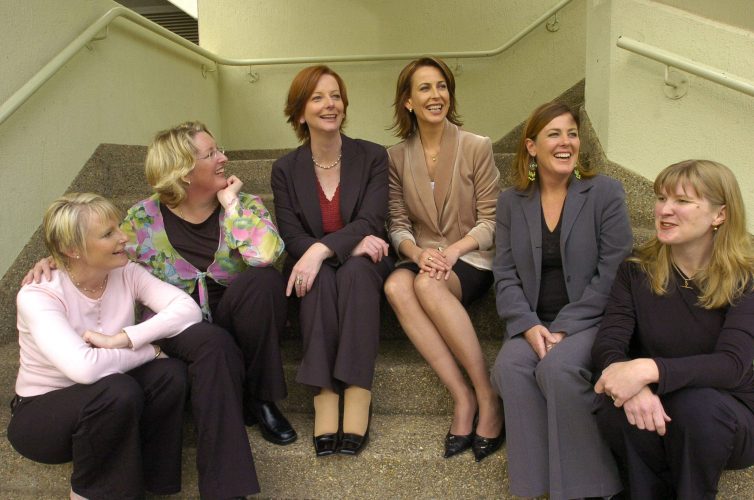It’s a great shame that the Department of Defence has a media team that ducks for cover and hides in the bunker when it’s most needed. It’s as if the media strategy is “slam down the hatches men”, or even “quick, go hide in an all-day meeting, chaps”.
That’s the sort of lame excuse some young lackey from Defence Media had to issue this week in response to a request for the head of Public Affairs, Brigadier Brian Dawson, to explain the role of women in Australia’s defence forces. Is there anyone in that lumbering media machine who can talk about the dangerous and vital work being done by women on our front line? “No.” No? “Most people are tied up, unfortunately.”
A quick glance across the mainstream media over the past few days gives the impression Australia’s defence forces have no women at the front line. Or that the few women who are stationed in dangerous combat zones do little more than keep the mess hall clean. It’s an insult to the many Australian women who risk their lives daily, performing a wide range of roles in our defence. And why on earth hasn’t Defence Media come out in their support this week? Why hasn’t it used the current public furore about women on the front line as an opportunity to reinforce that women are there, and they are doing an amazing job?
When the dour Minister for Defence Personnel, Greg Combet, fronted up on Wednesday to announce a review of women’s eligibility for ADF jobs, he sparked an immediate “battle of the sexes” debate. Instantly, talkback radio and blogs on news websites were hot with inane pronouncements about women’s strength – or lack of it – their periods, pregnancy and male chivalry – or lack of it. If this wasn’t such an important issue, it’d be funny. I learned from posted web comments that women “don’t make optimal fighting machines” because they have different “bone structure”. And that because “women eat less, they would be cheaper to keep” on the front line. Others worried about “pregnant soldiers” and “nursing mothers” trying to shoot the enemy when they were a wee bit emotional. Plenty of comments were quaintly prefaced with “I’m not sexist but …” My favourite was from “Xy” who stated, “The primal function of the female is to conceive, bear and nurture life”. Well. I’m sure glad we cleared that up.
Ironically, Combet’s intention in raising this issue is to do away with precisely these types of silly stereotypical arguments that undermine the role women play in Australia’s defence forces. Currently, Defence employment and assignment policy is sexist. It’s pitched in terms of gender. There are a small number of jobs – 8 per cent – not open to “women”. These include navy clearance divers, some front- line infantry units and apparently the SAS (although this is less clear).
What Combet wants to do is throw out the gender stipulation, and instead introduce employment criteria based on “scientific analysis” of strengths and capabilities. In other words, make all jobs open to women who can pass the test.
And the blunt fact is that for those specific jobs where the task involves superior physical strength, most women won’t cut it – such as hauling a 43kg shell as a soldier in the field artillery. Sure, there will be some women who will physically outperform their male colleagues, whether in an arm wrestle, a fist fight, or on the front-line battlefield. But they will be a minority. Women are generally not as physically strong as men. We know that. And it would seem that the current Defence employment policy has clumsily tried to reflect that. Now, what Combet aims to do is simply take the sex out of it.
Perhaps if Brigadier Dawson had stepped forward during the week to proudly highlight the invaluable contribution women make to the Australian Defence forces, media space wouldn’t have been wasted on useless and old-fashioned debates about who is the stronger sex. And for his part, I suspect Neil James, from the Australia Defence Association, has been somewhat unfairly pitched as the Brylcreemed baddie in this media frenzy. James’s claim on ABC radio that Australians didn’t want to see “their daughters, sisters, wives or female friends killed in disproportionate numbers” is a reasonable comment. I think he’s right. But James isn’t suggesting women shouldn’t remain at the forefront of Australia’s defence strategy. Far from it. When I asked James if he feared that women who met the “biomechanical” criteria and won a spot right up there in short-range combat on the frontline, might be a distraction for their male colleagues, his answer was refreshingly straight. “Yes, they are a distraction. But that’s human nature, and you’ve got to try and manage that. It’s just like men and women in any workplace.” Indeed.
But the last wise words should go to “battle weary”, who posted a comment on the ABC website, suggesting there would be no issue about who was or wasn’t on the front line, if we could only find “a way to stop this silly activity called WAR”.
